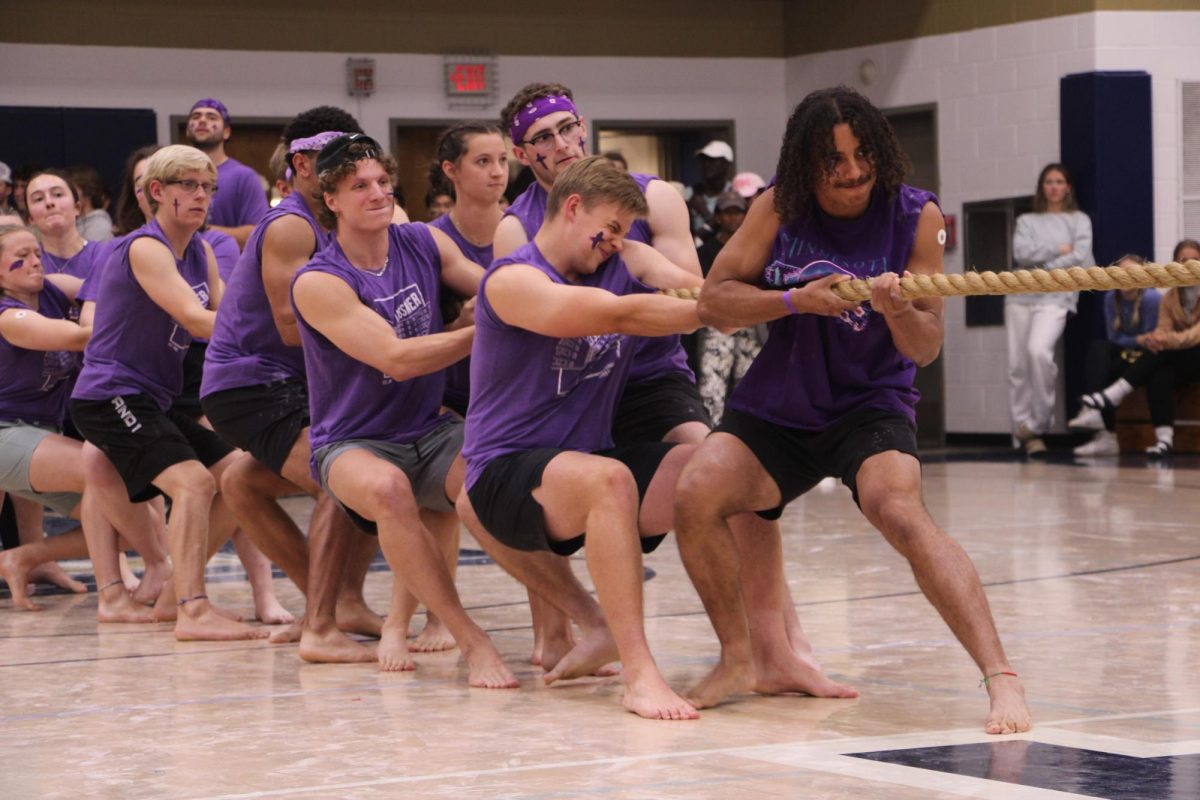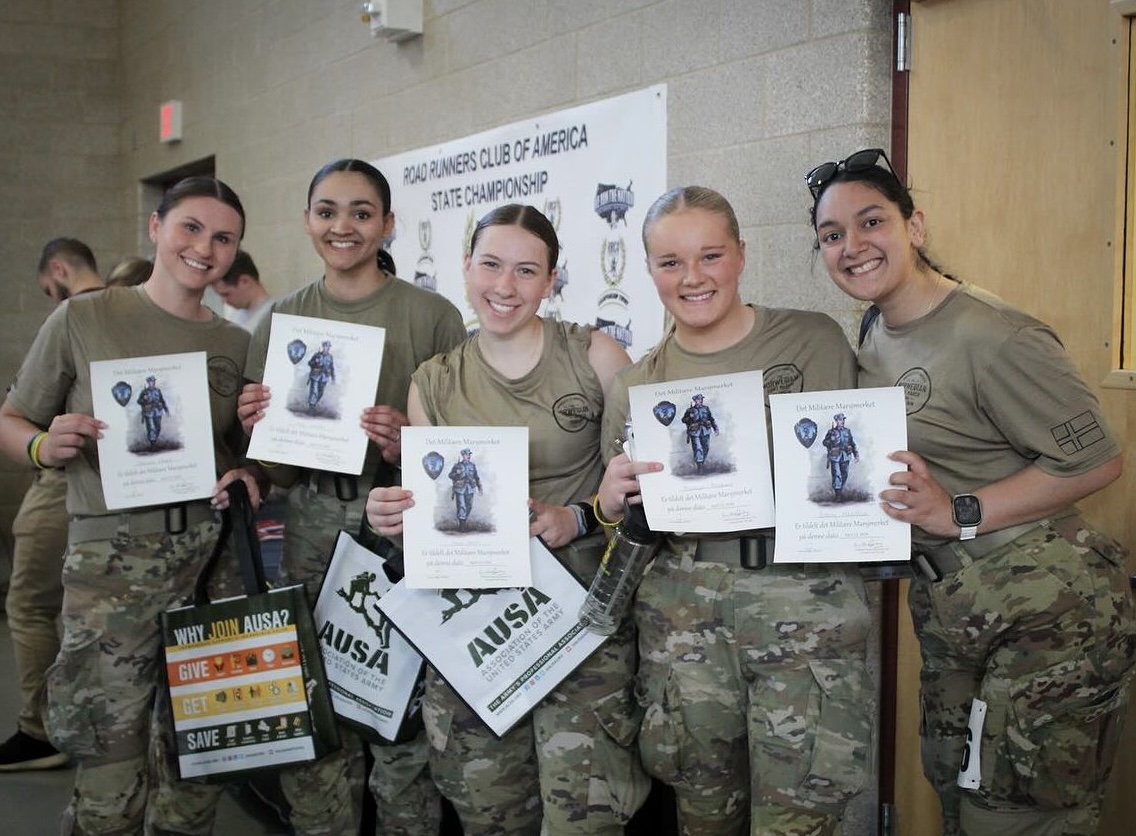With so many security events on school campuses lately, The Clarion decided to talk with Bethel’s security to learn how they would respond to dangerous events, along with how students can be prepared.
By Emily Jan and Alayna Hoy
In light of the Feb. 14 school shooting at Marjory Stoneman Douglas High School in Florida and the recent banning of a former student from campus, Bethel security is worth talking about.
While some students may only interact with campus security when flashing their IDs to get on campus at night, the tan and black uniformed officers do more than sit behind desks.
Bethel recently hired Zachary Hill as the new director of safety and security on campus. Before he worked security full-time, Hill was in the Army Reserves for Special Operations for eight years.
As the new director, Hill said that his focus is to continue building the security department into a more proactive and professional team that is active in the community along with being preventive.
Student security officer Marco Ochoa is equally enthusiastic about Hill leading the team.
“He has a lot of background and he’s good at what he does. That’s why he’s the new director,” Ochoa said. “He’s working to get security to a better more optimal state than it is or has been.”

Procedures for lockdown
Along with the procedure for a lockdown, Hill said Bethel has an Incident Management Framework based on the National Incident Management System (NIMS), which began after 9/11 to help first responders communicate more effectively during security incidents.
Bethel adopted the system because it helps with communication across teams and leadership during emergencies, along with helping to communicate with law enforcement and fire and emergency medical responders if that is what is needed.
While Bethel does have an intercom system throughout the academic buildings, it is not the primary method that security will use to communicate in an emergency situation.
“In the event of an emergency, we will communicate using Bethel Alerts,” Hill explained. Bethel Alerts are communicated through email and text, if students allow.
How students can be prepared
According to Hill, to be prepared for any incident starts with a mindset. “You have to realize that emergencies happen everywhere, so thinking through how you would handle one often helps you feel more prepared,” Hill added.
Next, Hill suggested that that another part of being prepared is understanding how you are part of prevention. You can be observant and aware of your surroundings, especially the places you go most. If an environment does not feel safe to you, leave immediately.
Lastly, Hill explained that you should think about what you would do if you had to act in a violent situation because it is important to know what you would do and have a plan. “To put it simply: Mindset, Prevention, Observation, and Action,” Hill said.
Banned from campus
On Feb. 17, Bethel Office of Security and Safety sent an email entitled ‘Suspicious Activity’ to all Bethel faculty, staff and students. The email
“We have received multiple reports of intimidating and uncomfortable interactions initiated by … (a) former Bethel student,” the email said. “As a result, (this person) is no longer allowed on campus.”
Two photos of the person were included with the email, so community members could identify and report him to campus security if he was seen again on school grounds.
Though campus security is not able to comment on specific cases, Hill said the decision to ban someone is extremely serious, and does not occur frequently.
“The timing of the recent notification was unfortunate in how it was only a few days after the events in Florida,” Hill said. “However, we would have been remiss if we did not notify the community of the incident.”
If the person were to return to campus, security would follow protocol and notify the local sheriff’s department.
Editor’s Note: The Clarion has omitted the former student’s name from this story to protect his privacy.








![Senior Bethel receiver Micah Niewald sheds a would-be tackler on his way to a touchdown in the Royals’ 73-8 win over Augsburg Saturday. Niewald sped his way to two touchdowns in the win, tallying 62 yards after the catch between the two scores. “Knowing I can outrun the guy that’s chasing me is a big thing,” Niewald said. “That’s going back to [strength and conditioning] Coach Meyer and everything we do in the summer and off-season.” | Photo by Carl Schumland, Bethel Athletics](https://thebuclarion.com/wp-content/uploads/2024/10/3J9A1632-1200x800.jpg)










